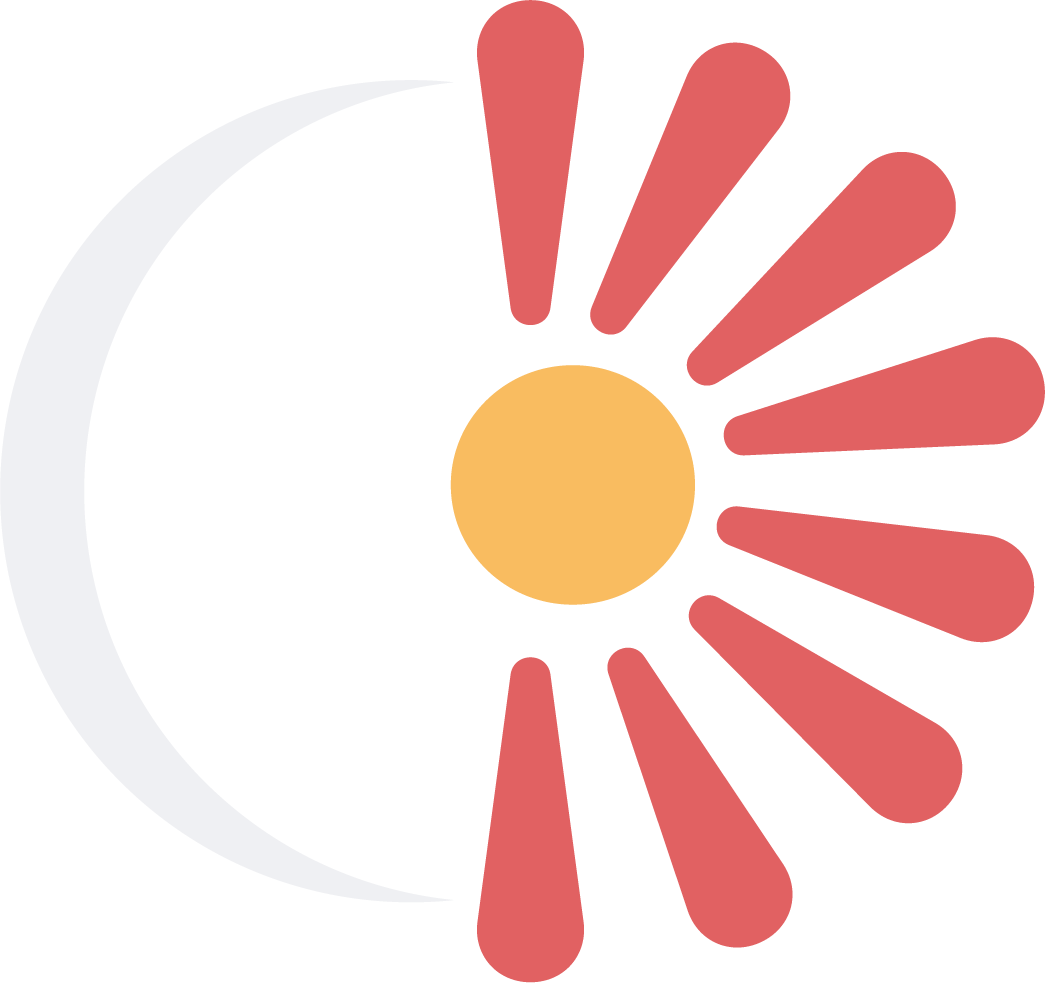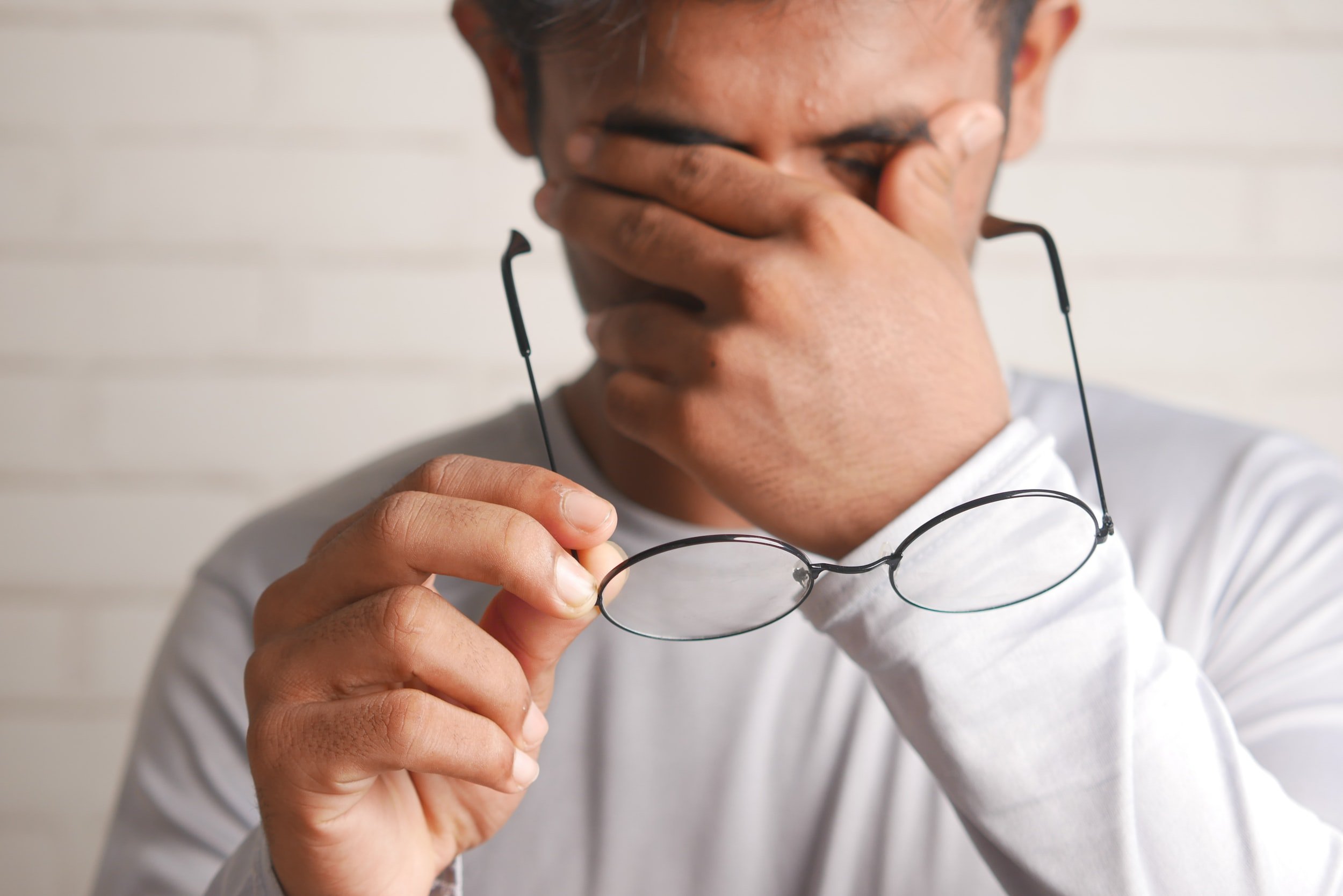
Narcolepsy
Narcolepsy is a chronic neurologic disorder that impacts the brain’s ability to regulate sleep.
Excessive daytime sleepiness
Uncontrollable bouts of sleep
Sudden muscle weakness when experiencing an intense emotion or laughter (cataplexy)
Vivid, dream-like hallucinations while falling asleep or when waking up
Inability to move when waking up or falling asleep (sleep paralysis)
Symptoms of Narcolepsy
Dignosis and Treatment for Narcolepsy
Diagnosis
The first step in diagnosing narcolepsy, is to conduct an overnight sleep study (polysomnography). This involves a series of “stick on” sensors that detect what stage of sleep the individual is in, how well they are breathing, and how hard they are working to breath.
Following the sleep study, daytime nap testing (Multiple Sleep Latency Test) is conducted. The individual is given 4-5 opportunities to sleep every two hours during normal wake times. This test measures the extent of daytime sleepiness (how fast the patient falls asleep in each nap, and how quickly REM sleep begins.)
Narcolepsy is a chronic condition that can be managed.
Behavioral changes may be recommended to help the individual mitigate the impact of excessive sleepiness.
Medications may also be used. Medications used to treat narcolepsy include antidepressants, stimulants, ADHD medications and sodium oxybate.
Treatment
At the Keeton Clinic, we provide relief for narcolepsy. Contact us today.
Some of this information is taken directly from a Provider Fact Sheep on Narcolepsy created by The American Academy of Sleep Medicine.



